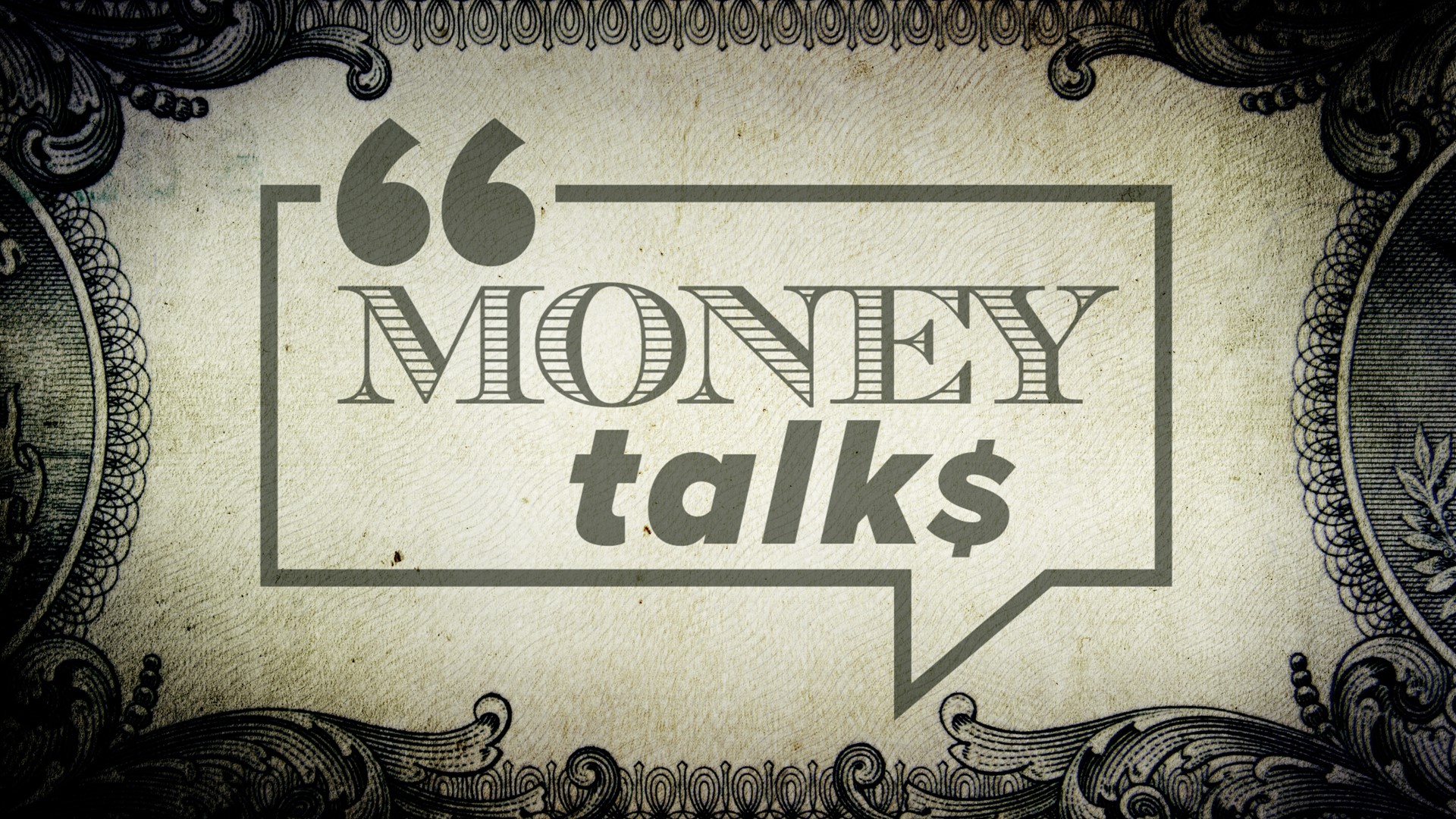TEMPLE, Texas — They have been around since the 1990's, but do you know what exchange traded funds are, or ETFs? They have become a popular option for investors for many reasons.
The world's first ETF was created in Canada in 1990, transforming the investment landscape and offering the advantages of pooled investing and trading flexibility. But what are they?
"Exchange Traded funds – or ETFs – are investment vehicles that pool money from individual investors to invest in stocks, bonds, and other securities," said Certified Financial Advisor Neil Vannoy. "They are similar to mutual funds except that ETFs are traded between individual investors over a stock exchange rather than being purchased directly from a fund company like a mutual fund."
Because they are a different product, ETFs have some potential benefits over traditional mutual funds, Vannoy said.
"ETFs tend to be more tax-efficient than mutual funds because of how they are created and traded by the company that manages the ETF," he said. "ETFs tend to have lower expense ratios – or ongoing management expenses – than traditional mutual funds. Since most ETFs follow an index, it's easy to find out exactly what you have in your portfolio at any given time. ETFs can be bought and sold all day rather than at the end of the trading day like mutual funds."
But just like almost anything in life, there are some downsides that you'll want to be aware of before buying in, Vannoy said.
"Traditionally you'd have to pay trading commissions to buy and sell ETFs since they're traded on exchanges, but currently most major online brokerage firms offer commission-free ETFs," he said. "If an ETF has low trading volume, the price you pay to purchase it – the 'ask' price – might be much higher than the price you'd receive when welling – or the 'bid' price. This can hurt your returns, so consider using ETFs with a lot of trading volume and low spreads between bid and ask prices. Since the prices of an ETF is based on market forces, the price you pay might be at a slight discount or premium to the actual value of the underlying portfolio. You don't have to worry about this with traditional, open-end mutual funds."
And just a reminder that the single biggest risk in ETFs is market risk. Like a mutual fund or a closed-end fund, ETFs are only an investment vehicle—a wrapper for their underlying investment.
So, if you buy an S&P 500 ETF and the S&P 500 goes down 50%, nothing about how cheap, tax efficient or transparent an ETF is will help you.
Watch more Money Talks below:

